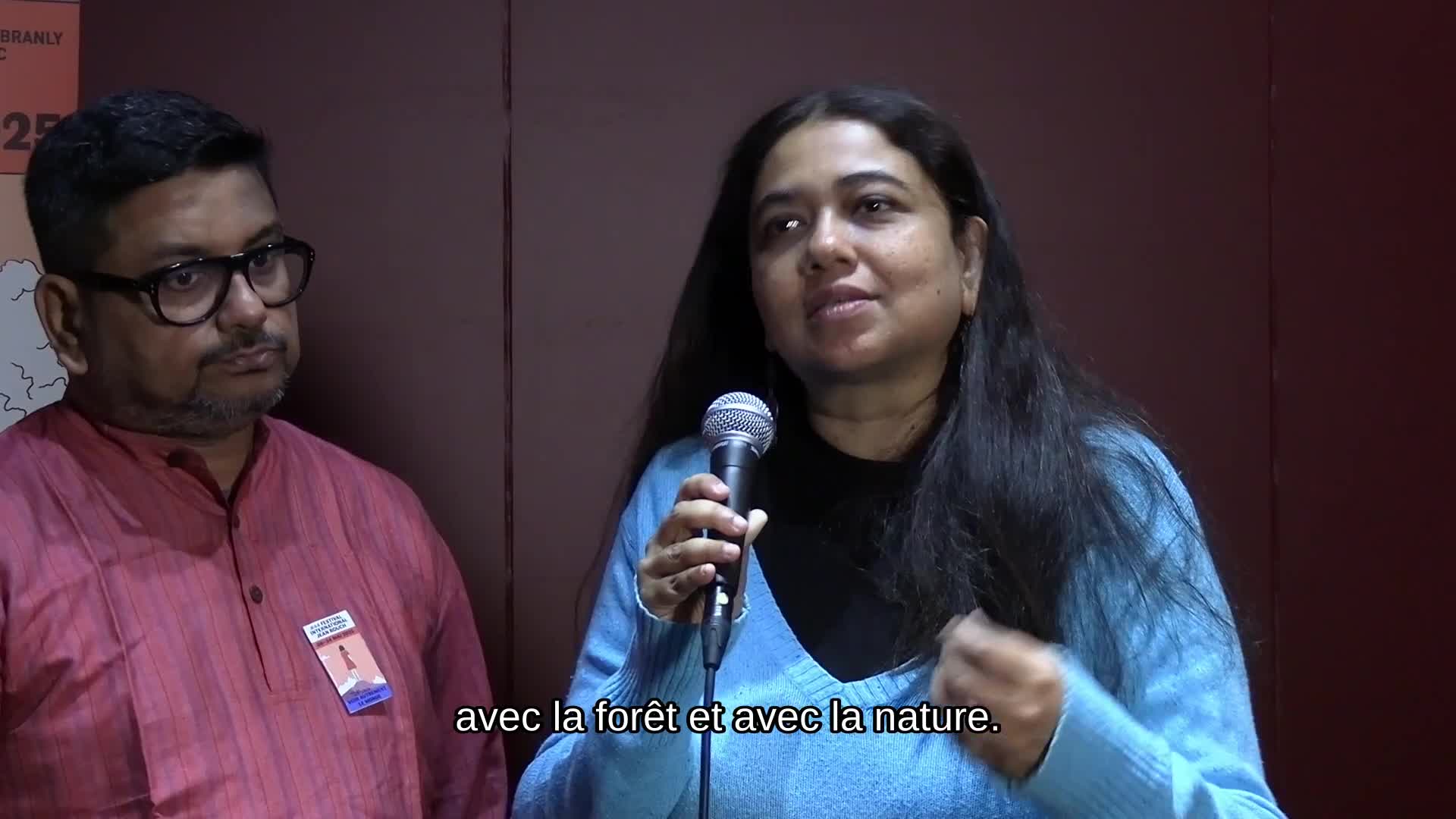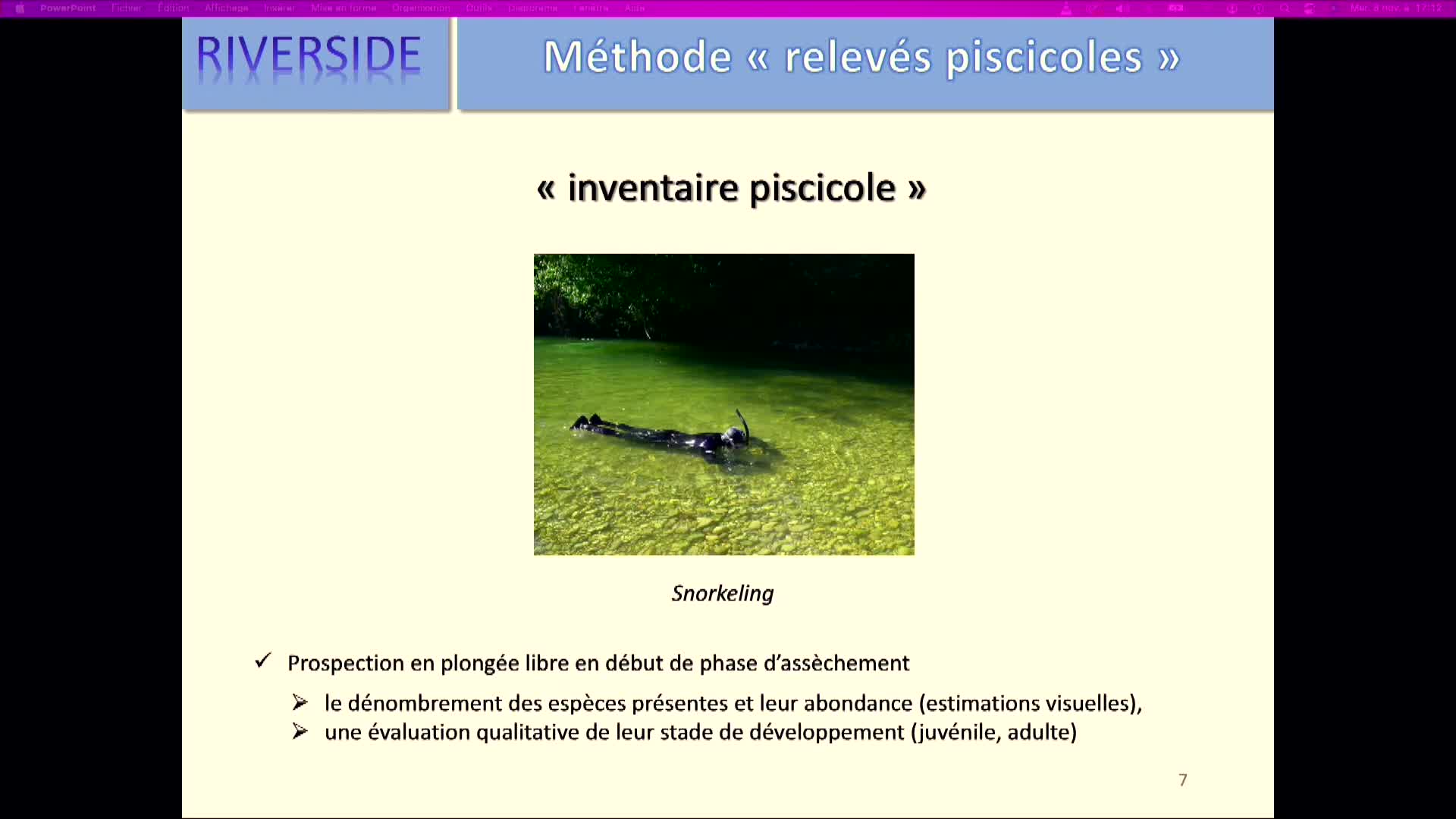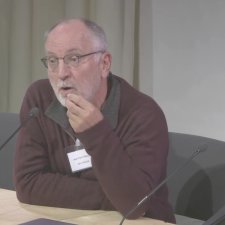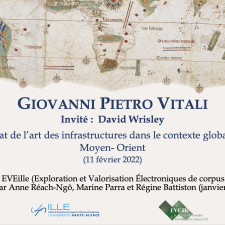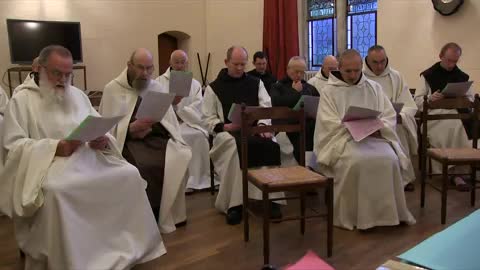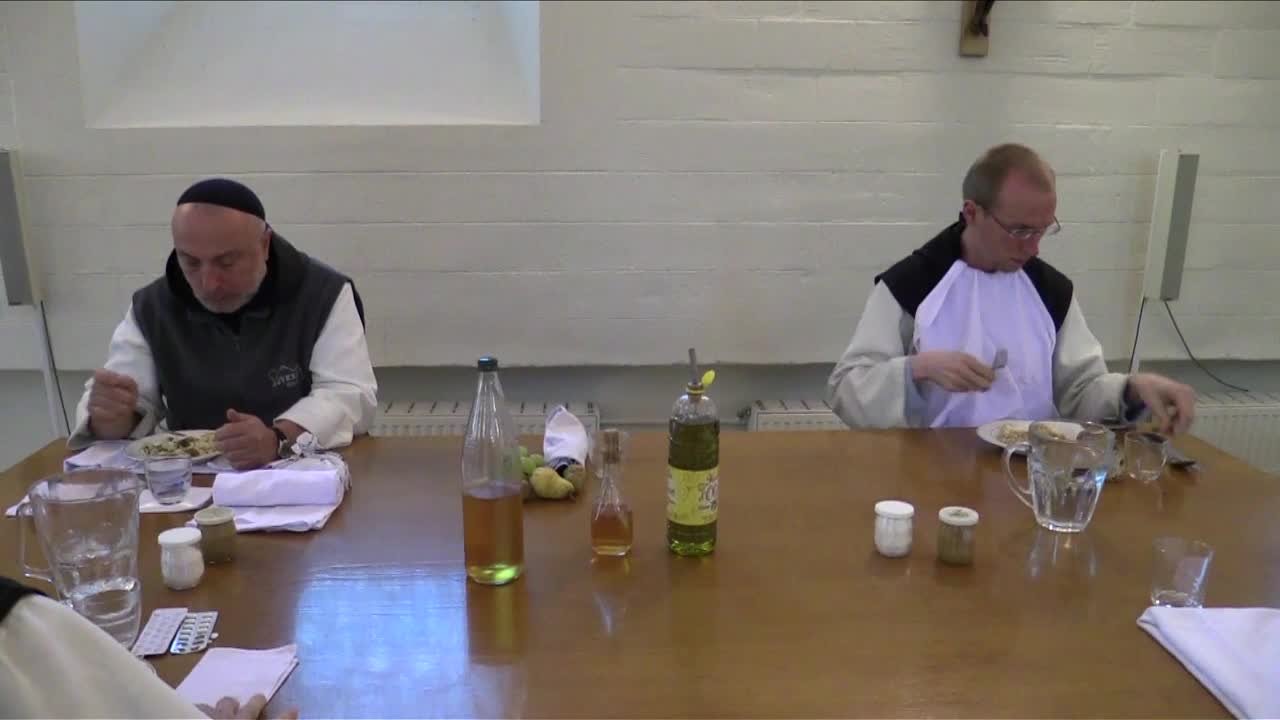Chapitres
- Introduction00'33"
- Presentation of Zahra Hussain00'42"
- Research's presentation00'43"
- Mountain communities and climate change01'59"
- Research contribution to the development of public policies01'27"
- Communities and local government's dialogue01'09"
- Importance of being in Europe00'54"
- Academy for Democracy project02'10"
- Perspectives and outroduction01'03"
Notice
FMSH
Retranscription
You are listening to "Story of mobility". A podcast about the international experiences of researchers in the humanities and social sciences. In this episode of "Story of mobility", we welcome Zahra Hussain, a Pakistani architect and human geographer, who talks about her research into mountain communities in the Hindu Kush Himalayas, faced with climate change and infrastructure development. My name is Zahra Hussain, I'm from Pakistan. I've been trained as an architect and a human geographer. I've set up an organization called Laajverd about 15 years ago. And, through that organization, we have been working mostly in the mountain communities of Pakistan, which is also known as the Hindu Kush Himalayan region, to work with local communities and to understand how their heritage and their lives are arranged and transforming, with the climate change and infrastructural development. My research is basically based on how mountain communities are grappling with the effects of climate change and large infrastructural development in the Hindu Kush Himalayan mountain region, which is in the northern part of Pakistan. I'm particularly interested in how mountain communities negotiate their everyday life amidst these challenges, especially by looking at how they're using their land and how they are negotiating their livelihoods. In the Hindu Kush Himalayan region, I'm looking at multiple communities across the region. So I'm particularly working with the Kalash people and then I'm working with some communities in Gilgit-Baltistan and then I'm also focusing on a community in Gojal Valley. So geologically speaking, the Hindu Kush Himalaya mountain region is considered a very young mountain range, which means that they're continuing to grow and they are fragile spaces where you also encounter a lot of landslides and the land isn't really stable. This fragility is is exacerbated by climate change and rising temperatures, because you also have a lot of glaciers, which are damming these glacial lakes inside them and once you know the temperature rises, the walls become very weak and then you have these lakes that burst, which causes a lot of glacier lake outburst flooding. This flooding has not only destroyed a lot of fields and infrastructure that local communities have developed in their mountain valleys but the rising temperature also affects their orchards and crops that they grow in the area. So climate change is really affecting these mountain communities and their lives and livelihoods as well. With respect to tourism development, since the Covid 19, a lot of domestic tourists have started going up into the mountains and sort of touring in these valleys, which has also affected the built infrastructure in these areas. So a lot of small hotels and guesthouses have come up and people are seen to be selling off their agricultural land in order to build hotels. So the whole sort of way in which people are used to living in these areas is rapidly changing. This has a lot of effects and this is something that I'm looking at in my research, in terms of how people are negotiating their everyday life and how they're trying to make do and live on amidst these changes, which are not just due to climate change, but also the influx of the tourism industry. So the research that we do in mountain areas, I also run an organization called Laarjverd. And for the last 15 years we have been working in mountain communities. This research is…
Lire l'intégralitéHeritage Cosmopolitics in the Hindu Kush Himalaya region
- document 1 document 2 document 3
- niveau 1 niveau 2 niveau 3
Descriptif
[Podcast en anglais]
Zahra Hussain :
My proposed research project is based on my eight-year long research and engagement with mountain communities in northern Pakistan which I am planning to culminate in the form of a book. The book explores heritage in mountain areas where heritage has never been about statis but a dynamic response to the movements and shifts of peoples, rivers, weather and tectonic plates. In this research, particular heritage assets and practices move across borders and between worlds, both spatially and temporally, where entities such as communities, plants, ancestors, spirits, and more-than-human folk inhabit and share the landscape. I explore this through Isabelle Stengers ‘cosmopolitical proposal’ (2005), which draws our attention to the politics involved in composing and representation of the world, which in this case is the articulation of heritage through particular knowledge-making practices. The inter-regional movement of tradespeople through multiple mountain passes usually envisioned as impenetrable (Sokefeld 2015) fuelled knowledge exchange across the mountain communities. In particular exchanges and impressions of religion are particularly seen. For example, in Baltistan region, Bon religion was practiced until Buddhism made its way into the valleys which was later replaced by influences of the Iranian sufi mystic preachers that came through Central Asia. Tangible and intangible heritage is thus profoundly embedded in multiple religious worldviews offering a complex and multilayered landscape to work with. Here, heritage is practiced, adapted, and curated by local communities, allowing us to understand the meaning and value of lived heritage that is informed by identity, spirituality and sense of belonging (Robbins and Berkes 2000). In this, engaging with established researchers who work specifically on ancient religion and its afterlives in contemporary mountain life in the Hindu-Kush-Himalayas region is crucial.
Zahra Hussain is an Architect and Human Geographer based in Pakistan. She leads the ‘Academy for Democracy’ project that explores forms of engagement with changing landscapes. Previously, she wrote about ‘architecture of counter-insurgency’ by examining ways in which urban spaces in Pakistan rapidly transformed due to the War on Terror in the decade of 2000. Her recent work explores heritage and belonging in the Hindu Kush Himalaya region that are grappling with various challenges of infrastructural development and climate change.
Hussain has been involved in several UKRI (United Kingdom Research Institutes) funded projects committed to exploring resilience and adaptation in times of climate crisis affecting the cultural landscapes in South and Central Asia. Currently she is writing about ‘heritage cosmopolitics’ as a way of approaching contemporary mountainous Asia.
Intervention / Responsable scientifique
Sur le même thème
-
Anupama Srinivasan et Anirban Dutta parlent de leur film "Nocturnes"
SrinivasanAnupamaInterview d'Anupama Srinivasan et Anirban Dutta pour leur film "Nocturnes" en compétition à la 44ème édition du Festival International Jean Rouch en 2025.
-
Caractérisation des habitats piscicoles d'une rivière intermittente par imagerie drone - Journées D…
LejotJérômeCaractérisation des habitats piscicoles d'une rivière intermittente par imagerie drone
-
Changement climatique, fonte des glaces, réchauffement et hausse de l'océan : le rôle de l'observat…
CazenaveAnnyIl est à présent bien établi que les activités humaines sont la cause du changement climatique observé de nos jours. L'apport de l'observation spatiale, à l'aide de satellites en orbite autour de la
-
Fossile Futur – S’organiser collectivement pour créer après l’école d’art
BassonNinaDubedatSimonChaumelLéaNotre objectif est de remettre en état et de restaurer la maison dans laquelle nous nous sommes installé·es à Meymac (Corrèze) pour en faire un lieu culturel, tout en montant des projets collectifs
-
De la sensibilité atmosphérique
ThibaudJean-PaulConférence inaugurale du Colloque international Expériences sensibles, fabrique et critique des territoires en mutation
-
Les expulsés, sujets politiques
LecadetClaraInterview de Clara Lecadet, dans le cadre de la sortie de son ouvrage Les expulsés, sujets politiques.
-
Vin et changement climatique, un avenir heureux ? - De la Science dans nos verres #3
RouiaiNashidilMarchand-MarionStéphanieCholetCélineVin et changement climatique, un avenir heureux ? - De la Science dans vos verres 🍷 #3d Les enseignants apportent quelques éclairages.
-
« État de l’art des infrastructures dans le contexte global : Moyen-Orient » (février 2022)
WrisleyDavidVitaliGiovanni PietroAprès une première séance des journées EVEille 2022 consacrée à l’histoire et au rôle des infrastructures européennes qui ont concouru au développement des Humanités numériques en France, l’échange
-
« Charte des valeurs pour une infrastructure FAIR » (janvier 2022)
VitaliGiovanni PietroIdmhandFatihaDialogue
-
Frère des autres
Aubin-BoltanskiEmmaSantopreteLuciana Grabriela SoaresFilm réalisé au sein de l’atelier « Écriture filmique » du LabEx HASTEC en partenariat avec les UMR : CEIFR, CEMAF, CAK, LEM, IRHT, LESC, la Direction de l’audiovisuel de l’EHESS et l’ANR «
-
Un veilleur dans la nuit
BoëxCécileFellousSoniaFilm réalisé par Cécile Boëx et Sonia Fellous au sein de l’atelier « Écriture filmique » du LabEx HASTEC en partenariat avec les UMR : CEIFR, CEMAF, CAK, LEM, IRHT, LESC, la Direction de l’audiovisuel
-
Aimer
LucaNathalieBergeronAndréeFilm réalisé par Nathalie Luca et Andrée Bergeron au sein de l’atelier « Écriture filmique » du LabEx HASTEC en partenariat avec les UMR : CEIFR, CEMAF, CAK, LEM, IRHT, LESC, la Direction de l


